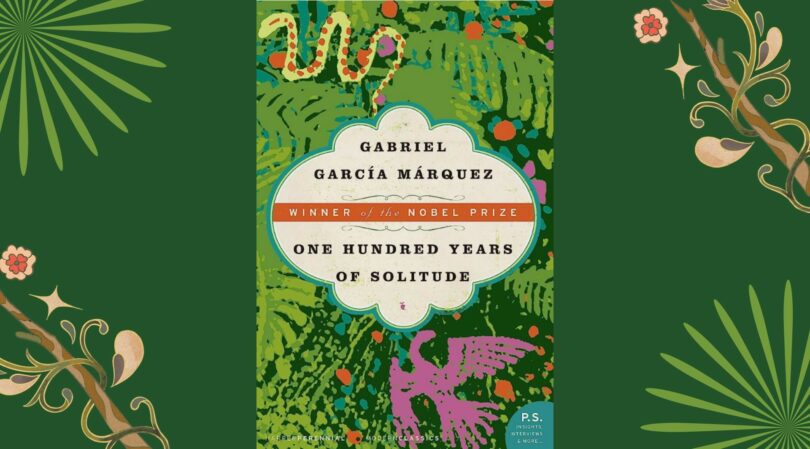zoomacademia.com – One Hundred Years of Solitude is a groundbreaking novel written by Colombian author Gabriel García Márquez. First published in 1967, it is widely regarded as one of the most significant works of Latin American literature and a masterpiece of magical realism. The book has been translated into dozens of languages and has sold millions of copies worldwide, making it a global literary phenomenon.
The novel tells the story of the Buendía family over seven generations in the fictional town of Macondo. Through the family’s rise and fall, García Márquez weaves a rich tapestry of themes, including solitude, power, love, and the cyclical nature of history. The narrative is marked by fantastical elements seamlessly blended with everyday reality, a hallmark of magical realism.
One of the book’s most compelling aspects is its exploration of solitude. Each character in the Buendía family grapples with their own sense of isolation, and this recurring motif becomes a central theme throughout the novel. The town of Macondo itself reflects the family’s struggles, as it transforms from a vibrant, utopian community into a place of decline and desolation.
The novel also delves into political and social issues, including civil wars, corruption, and the influence of foreign corporations in Latin America. These elements ground the fantastical story in historical reality, providing readers with insight into the region’s turbulent history.
Garcia Márquez’s writing style is characterized by lyrical prose and intricate storytelling. He masterfully constructs a world where the extraordinary is treated as ordinary, and the boundaries between reality and fantasy blur. This approach has had a profound influence on literature, inspiring countless writers and popularizing the genre of magical realism.
One Hundred Years of Solitude is more than just a family saga; it is a meditation on human existence, memory, and the passage of time. It challenges readers to reflect on their own experiences with love, loss, and the inexorable march of history. The novel’s enduring legacy continues to captivate readers and critics alike, securing its place as a timeless classic in world literature.










